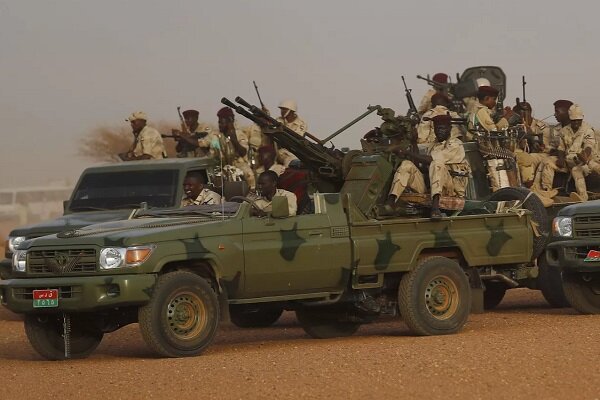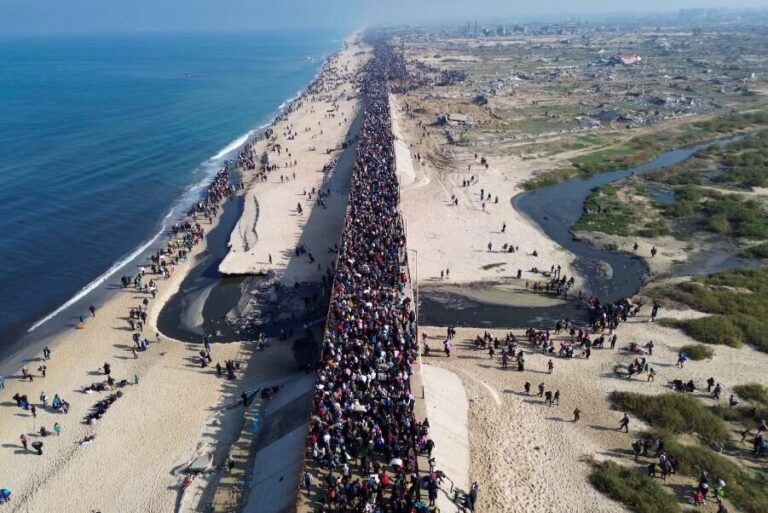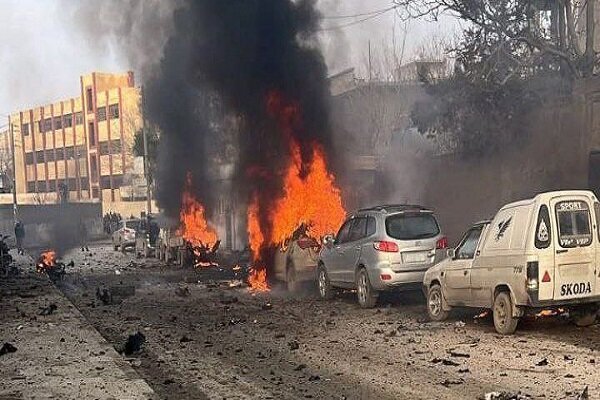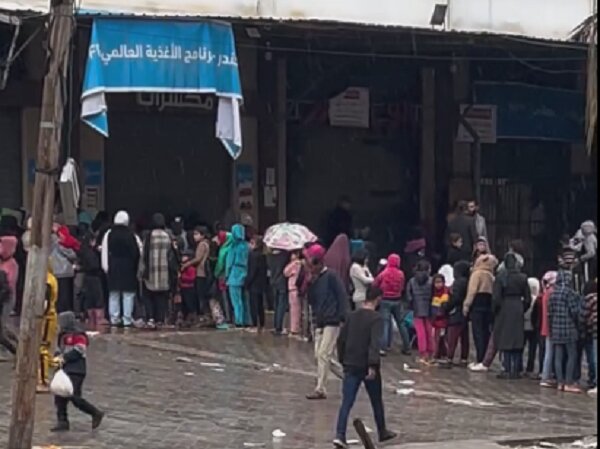Sudan’s Rapid Support Forces: Over 30 Lives Lost Amid Escalating Violence
The recent escalation of violence in Sudan’s North Darfur province has raised significant concerns among international observers and humanitarian organizations. The ongoing conflict, primarily driven by the Rapid Support Forces (RSF) and allied militias, has resulted in devastating consequences for the local population, particularly in the provincial capital of el-Fasher.
According to reports from the Resistance Committees, an activist group tracking the war, the RSF initiated a fierce offensive on el-Fasher on Sunday. This attack not only resulted in casualties but also left dozens of individuals wounded. The RSF continued its assault into Monday, targeting residential buildings and open markets within the city. As of now, there has been no official comment from the RSF regarding these actions.
El-Fasher, located over 800 kilometers (500 miles) southwest of Sudan’s capital, Khartoum, is currently under military control. This military presence has been engaged in a prolonged struggle against the RSF since the onset of civil war in Sudan more than two years ago. The RSF has been strategically attempting to seize el-Fasher for the past year, aiming to consolidate its control over the entire Darfur region.
Sunday’s violence is particularly alarming as it follows a brutal two-day attack by the RSF and its allied militias that occurred just less than a week prior. This earlier assault on el-Fasher, as well as the nearby Zamzam and Abu Shouk camps, resulted in a staggering death toll of over 400 individuals, according to the United Nations. The implications of these attacks have been dire, forcing upwards of 400,000 people to flee from the Zamzam camp, which is recognized as Sudan’s largest camp for displaced persons.
Due to the escalated violence, access to aid workers has become severely restricted, as highlighted by UN spokesman Stéphane Dujarric. This situation has created a humanitarian crisis, making it increasingly difficult for organizations to provide the necessary support to those affected by the conflict.
- Key Highlights of the Recent Violence:
- The RSF launched an offensive on el-Fasher, leading to numerous casualties.
- Continued attacks involved shelling residential areas and marketplaces.
- El-Fasher is under the control of military forces engaged in conflict with the RSF.
- The RSF has aimed to capture el-Fasher to expand its influence in Darfur.
- Over 400 deaths reported from the previous week’s assault on local camps.
- Approximately 400,000 individuals displaced from the Zamzam camp due to violence.
- Restricted access for humanitarian workers exacerbating the crisis.
The international community has been closely monitoring the situation in Sudan, particularly the implications of these attacks on the humanitarian crisis unfolding in Darfur. As the RSF continues its aggressive campaign to dominate the region, the need for a coordinated response to address the urgent needs of the displaced and affected populations has never been more critical.
Humanitarian organizations are calling for immediate action to facilitate access to aid and resources for those in need. The situation in Darfur serves as a stark reminder of the consequences of prolonged conflict, with innocent civilians bearing the brunt of the violence.
As the conflict persists, it is imperative for global leaders and organizations to prioritize diplomatic efforts aimed at resolving the crisis in Sudan. The plight of the people in el-Fasher and surrounding areas highlights the urgent need for a comprehensive approach to peacebuilding and humanitarian assistance.
In conclusion, the recent attacks by the RSF and allied militias in el-Fasher underscore the fragile security situation in Sudan’s Darfur region. With the ongoing civil war showing no signs of abating, the international community must remain vigilant and proactive in its response to this evolving crisis. The safety and well-being of the affected populations depend on swift action and support from both local and global entities.






